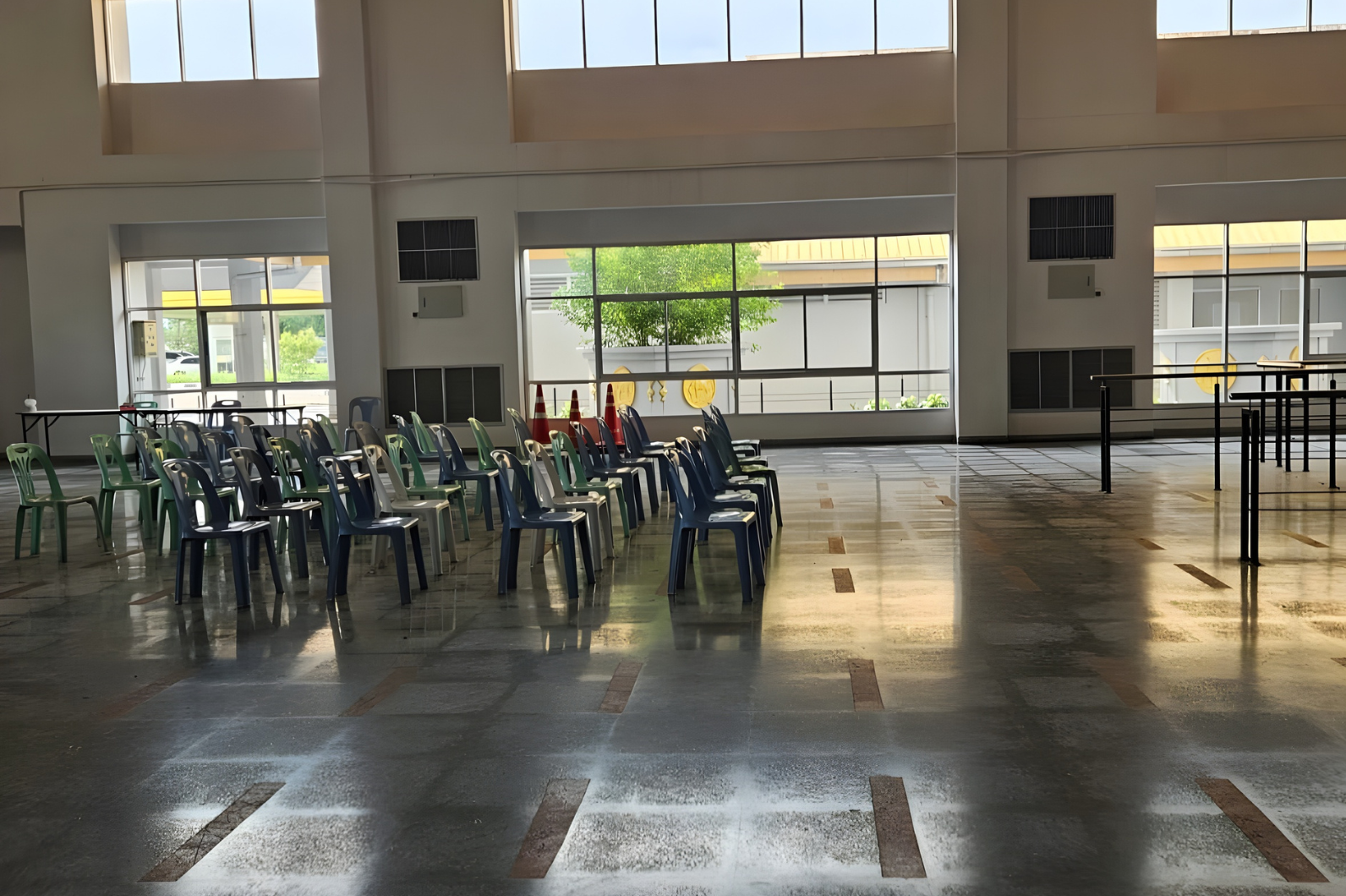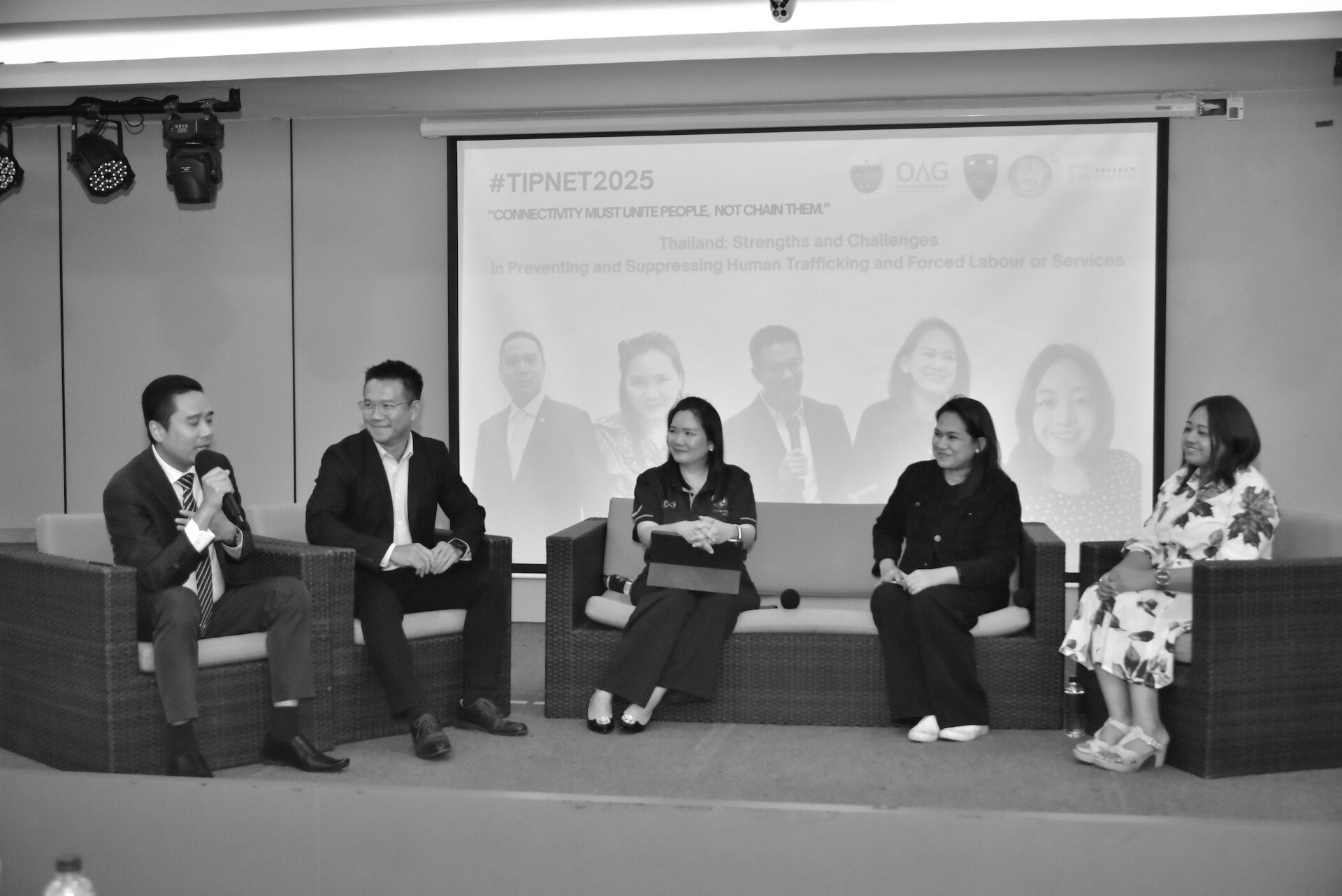Investigators and law enforcement officials from 16 South and Southeast Asian countries gathered in Chiang Rai, Thailand, for a four-day technical workshop on investigations into trafficking for cyber-scam activities. The event was hosted by the Regional Support Office of the Bali Process (RSO) with support from the UK Government.
Nationals from more than 65 countries have been trafficked into cyber-scam compounds across the region in recent years, underscoring the urgent need for effective cross-border coordination. As criminal networks expand and adopt increasingly sophisticated technologies, secure channels for intelligence sharing and cooperation are essential to dismantling this complex ecosystem.
During the workshop,“Building Capacity to Coordinate Effective Online Investigations into Trafficking in Persons and Cyber-Scam Centres”, participants practiced online investigation techniques, explored real case studies, and exchanged frontline experiences. Sessions included the use of Open Source Intelligence (OSINT) tools and discussions on formal and informal channels for intelligence exchange. Breakout groups encouraged investigators to compare national contexts, share situational updates, and build professional networks for ongoing coordination.
Highlighting Victim Realities in Cyber-Scam Trafficking
Freedom Collaborative was invited to lead two sessions during the workshop, both of which focused on strengthening regional understanding of trafficking for forced criminality and the complex realities of victim identification.
The first session was a situational update on trafficking for forced criminality, delivered jointly with the Regional Support Office (RSO). This update provided participants with an overview of the current dynamics taking place in Thailand’s border areas, particularly Mae Sot, which has become a focal point for trafficking into cyber-scam compounds, as well as an outline of the responses currently underway. RSO presented findings from its joint report with the Global Initiative Against Transnational Organized Crime (GI-TOC), Compound Crime: Cyber scam operations in Southeast Asia. The report examines the internal workings of cyber-scam compounds, including the schematics of their operations and a detailed typology of the scams being perpetrated. Building on this, Freedom Collaborative highlighted the intervention responses that are currently being applied, explained the victim screening processes taking place in Mae Sot, and described the collaborative processes for intervention and repatriation that are being carried out between government bodies, law enforcement agencies, and NGOs. This exchange gave participants a clearer sense of how responses are being coordinated on the ground and what gaps remain.
The second session focused on victim identification and recruitment, addressing one of the most challenging aspects of tackling trafficking for forced criminality. It offered a comprehensive overview of victim typologies and examined the difficulties of positively identifying survivors among those exiting cyber-scam compounds. Many of these individuals describe experiences that do not fit neatly into conventional categories: while exploited and controlled, they may also take on roles that appear complicit or even actively facilitate the exploitation of others. Participants were invited to reflect on a series of case studies and scenarios, considering how individuals in varying roles might be assessed. Discussions emphasized the importance of moving beyond binary definitions of “trafficking victims” and “willing participants” to recognize the nuances of lived experience.
As part of this session, Freedom Collaborative underlined that survivors may hold multiple roles that shift over time within scam compounds, and that these shifts can blur the line between victimization and participation. For example, someone trafficked into a compound may initially be coerced into fraudulent online activities, later promoted into a supervisory position, and eventually pressured into recruiting others — all while remaining under coercive control.
This perspective prompted participants to think critically about how victim identification frameworks are applied in practice, and how to ensure that survivor experiences are considered on a case-by-case basis rather than being grouped together under rigid categories. By working through practical examples, the session encouraged investigators and practitioners to apply a more trauma-informed and context-sensitive lens when approaching cases of trafficking for forced criminality.
At the conclusion of the workshop, RSO and the UK Foreign, Commonwealth and Development Office reiterated the importance of continuing the momentum generated during the four days of discussion. They encouraged participants to maintain communication across borders, collaborate more closely on investigations, and develop mechanisms for sharing cyber-intelligence. These steps were presented as essential for building a collective response to the trafficking crisis linked to cyber-scam compounds, ensuring that national and regional efforts reinforce each other and that survivors receive more effective protection and support.



